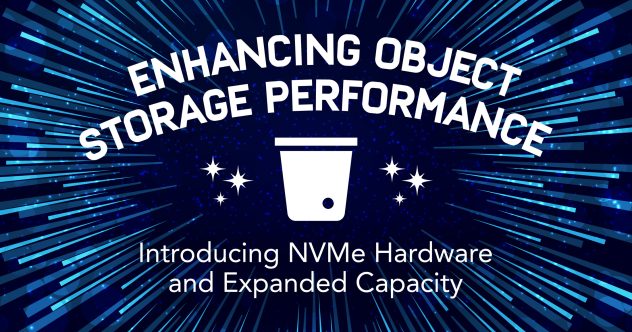Small companies often have big challenges when it comes to managing their network infrastructure. Trusted service providers can step in and support tedious, time-consuming, or infrequent management tasks like email account maintenance, provisioning new physical resources, and storage management.
Stablepoint meets the needs of its customers facing these and other challenges by offering fast and reliable managed cloud infrastructure solutions. Opting for the public cloud brings flexibility to small companies, allowing them to scale up or down while keeping costs under control. The managed hosting company based in London, England, deploys its own software stack, focusing on the hosting environment and setup rather than the underlying hardware.
“Low latency is the name of the game,” Stablepoint’s founder and CTO Dom Taylor shared. “We have invested in creating a scalable, global managed hosting platform spread across servers in 80 locations across the United Kingdom and worldwide. And although we use all major and alternative public cloud providers, NVMe with Linode is the big change that enables us to hit the mark for our customers at a significantly lower price than any of our competitors.”
When Stablepoint launched in 2019, AWS and Google Cloud were the providers of choice for many managed hosting providers. Companies like Stablepoint quickly discovered that storage provisioning with hyperscalers was cost-prohibitive for their cost-sensitive customers that needed to store a lot of small files.
Not only was storage provisioning cost-prohibitive, but they were also spending too much time provisioning the storage required to get the necessary performance. Storage uptime revealed itself as an even bigger issue. Traditional block storage can be slow because it’s backed by spinning hard disk drives. Using VMs with local storage presented a single point of failure—and the biggest point of failure. The ability to move between servers as needed was crucial because consistent, reliable performance in managing small files is critical.
NVME: High-performing storage for the greatest storage demand
NVMe block storage from Linode was the answer to these challenges providing a significant improvement over traditional spinning hard disk drives with a 10x-20x increase in throughput and up to 2000x improvement in IOPS. Dom recalled a time when Stablepoint had a client set up on a physical server with another provider, and it failed. The whole system was restored to Linode using NVMe storage, proving to be much more reliable and flexible.
Although Stablepoint works with all of the hyperscalers and alternative cloud providers based often on existing customer relationships, Linode is now its fastest-growing cloud provider and the best fit forlatency-based use cases.
Many of the storage servers Stablepoint moves to Linode NVMe are from systems with one big, physical array, which is one single point of failure: If it goes down, so does the customer’s business. Stablepoint splits these up into two or three block storage volumes with Linode NVMe, which has built-in redundancy and data encryption at rest. The on-demand flexibility is great for Stablepoint’s customers. Linode has additional storage ready for provisioning on demand.
Stablepoint runs in almost every Linode data center, relying on other Linode services and NVMe block storage. It provisions many dedicated CPU types and finds the price-performance of Linode’s hosts with the EPYC™ CPUs unbeatable. “It’s a big benefit to use shared compute when it makes sense to save, but also dedicated when more stability is needed,” said Dom.
“Linode’s API is great, too,” Dom continued. “The firewalls are also very flexible. Other alternative cloud providers just don’t offer all the pieces Linode offers. Linode has all the building blocks, and our team has the talent and best practices to put it all together and build a whole working system.”




